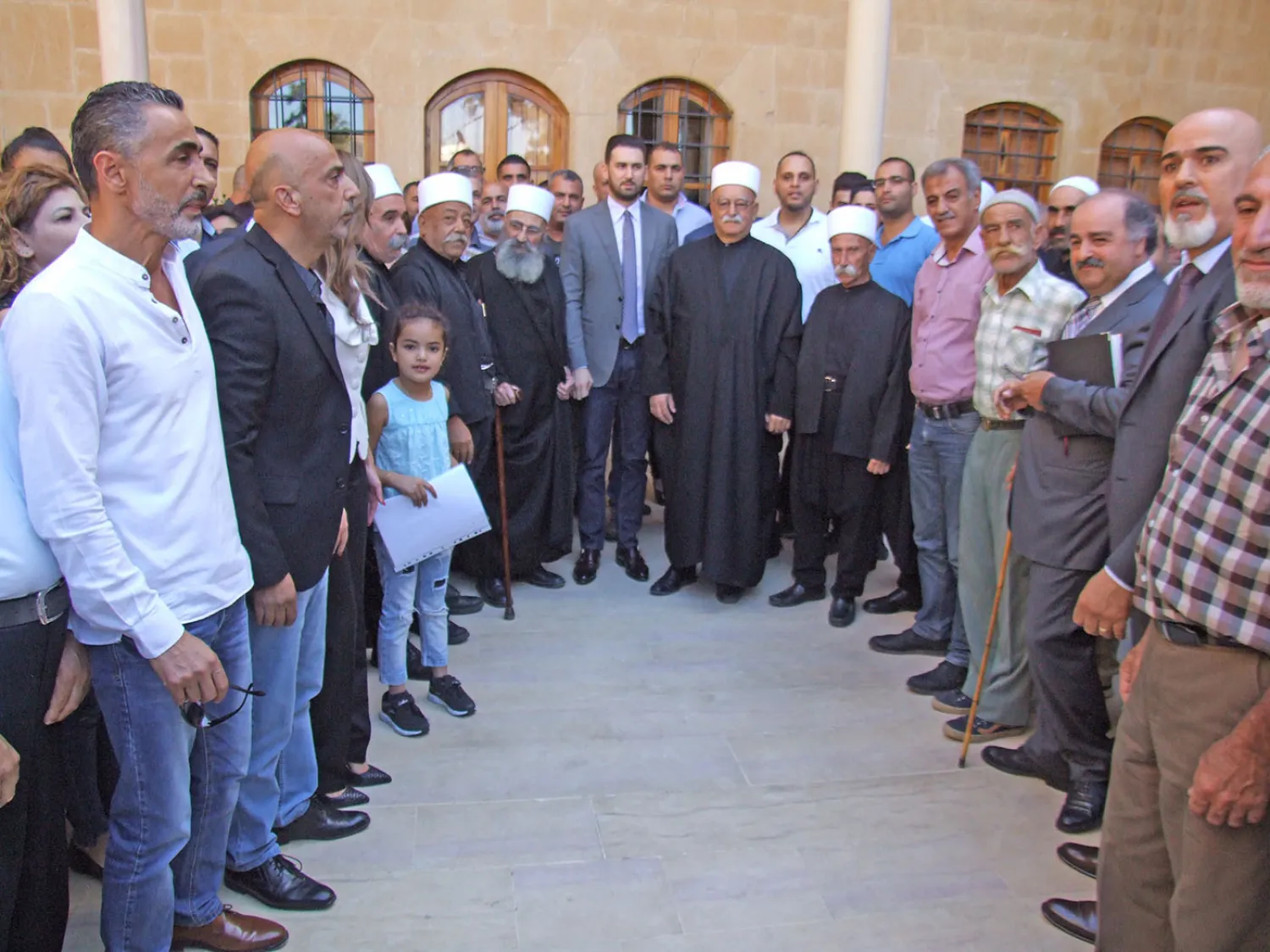Lebanon’s Democratic Gathering MP Antoine Saad said that Taymour Jumblat will not run in the parliamentary elections without a balanced list of candidates.
He told Asharq Al-Awsat that Taymour will follow in the steps of his father, Walid, and form a “balanced” bloc that includes lawmakers from different Lebanese sects that make up “the fabric of Mount Lebanon and our political presence in various regions.”
“In this regard, we do not see the elections from a winner or loser perspective, but we look at them from the regional and national angles,” he explained.
“MP Walid Jumblat always stressed the importance of the unity of Mount Lebanon and against isolating any party or Lebanese political component,” he added.
Saad hoped that a settlement would be reached in Mount Lebanon, calling against efforts to isolate MP Jumblat from non-Druze seats.
“We seek the representation of all parties in the Mountain and not their elimination,” he continued.
The new electoral law in Lebanon merges the Shouf and Aley districts. Both of them are strongholds of the Progressive Socialist Party (PSP) of MP Walid Jumblat.
Member of his bloc MP Akram Shehayeb said last week that the merger of the two districts favors the party.
“This time, we will vote for Taymour Walid Jumblat,” he announced.
The PSP and all other Lebanese parties will kick off their electoral campaigns in January and efforts will get underway to forge political alliances.
Some of the alliances are already foregone conclusions, like the alliance between the PSP and Mustaqbal Movement of Prime Minister Saad Hariri, said Saad.
“This is a strategic alliance that is built on national and historic understandings,” he stated.
Alliances with other parties will begin to take shape in days to come, he continued.
The much delayed parliamentary elections are scheduled for May 6.









